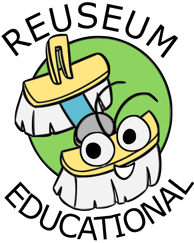An introduction to microcontrollers class is a educational event in which students learn about the principles and applications of microcontrollers, which are small, programmable computers that can be used to control a wide range of electronic devices and systems. In this class, students may:
Learn about the basic principles of microcontrollers: Students may learn about the fundamental concepts and principles of microcontrollers, such as their architecture, capabilities, and programming languages. They may also learn about the different types of microcontrollers and the applications for which they are best suited.
Learn about the principles of microcontroller programming: Students may learn about how to program microcontrollers using a variety of programming languages and tools. They may learn about how to write, test, and debug code, and how to use microcontrollers to control various types of devices and systems.
Explore the practical applications of microcontrollers: Students may learn about the various practical applications of microcontrollers, such as robotics, automation, and Internet of Things (IoT) applications. They may also learn about the potential benefits and limitations of using microcontrollers in different contexts, and how they compare to other types of computer systems.
Practice using microcontrollers to control devices and systems: Students may have the opportunity to practice using microcontrollers to control a variety of devices and systems. They may be asked to complete a series of exercises or projects that help them develop their skills and knowledge of microcontroller programming and application.
Overall, an introduction to microcontrollers class can be a valuable educational experience that helps students learn about the principles and applications of microcontrollers, and how to use them to control a wide range of devices and systems. It can also be a fun and engaging way for students to learn about the latest developments in technology and computer science.
Time: 90 minutes
